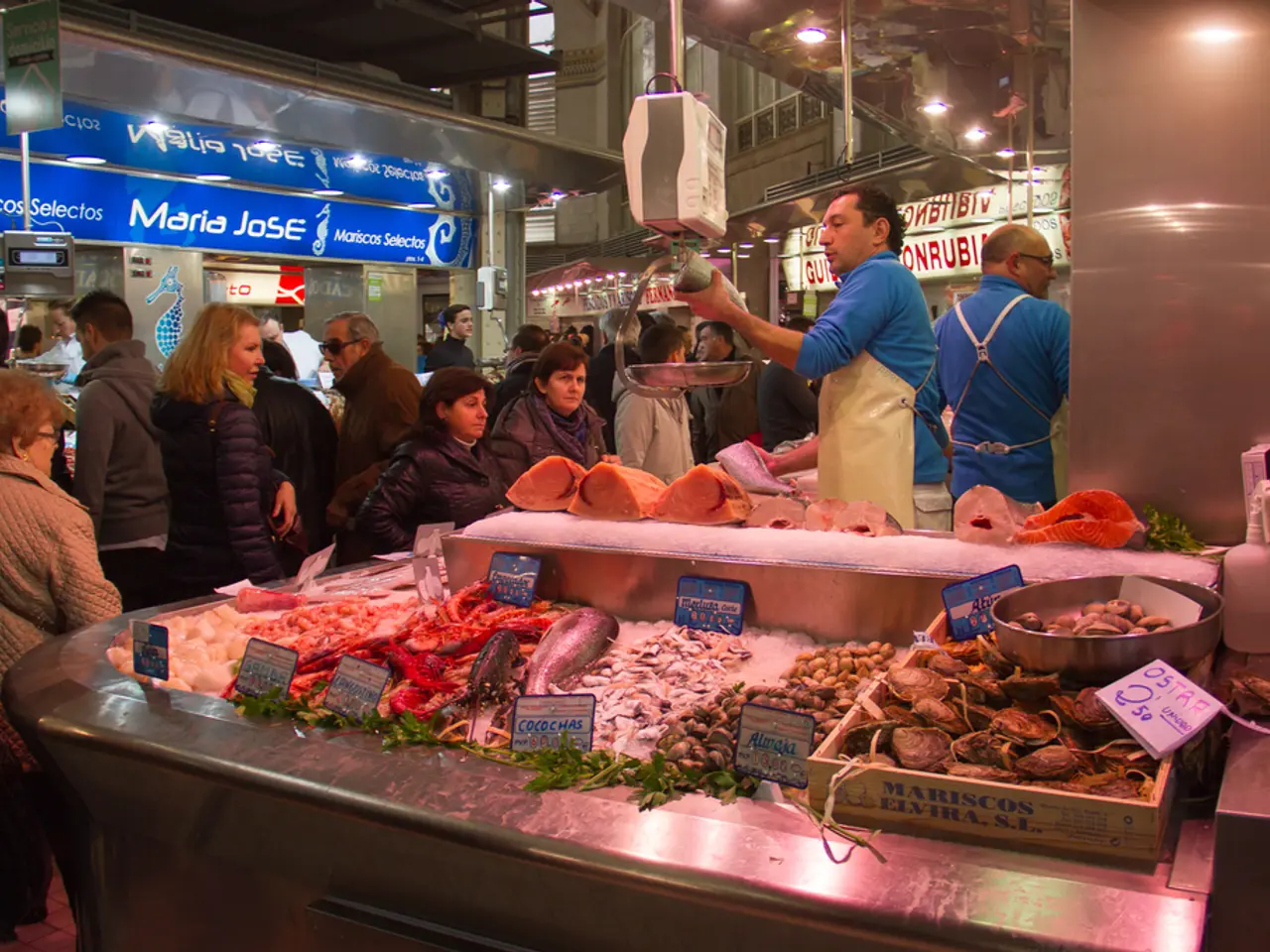Warning Issued Over Potential Increase in Minimum Wage for Crafts - EU's Obligation to Prevent Minimum Wage From Increasing
In the heart of Germany, the Thuringian Handwerkstag, a representative body of crafts businesses, has raised concerns over potential further increases in the minimum wage. The Handwerkstag's call for planning security remains a crucial demand for businesses, particularly in the crafts sector, which is currently grappling with decreasing demand, rising material prices, bureaucracy, and skilled labor shortages.
Thomas Malcherek, managing director of the Thuringian Handwerkstag, has stated that many businesses in Thuringia are already pushing their capacity limits. He argues that a further increase in the minimum wage could worsen the situation for these businesses, potentially leading to reduced hiring or increased prices.
The Handwerkstag calls for deregulation, new growth impulses, structural reforms, and the reduction of taxes, social security contributions, and lower energy costs to relieve businesses. They believe that planning security is crucial for businesses to thrive and invest in the future.
The minimum wage affects approximately 220,000 people in Thuringia, with around the same number earning less than 15 euros per hour. While the German Trade Union Confederation argues that most of these workers would benefit from an increase in the minimum wage, the Thuringian Handwerkstag warns against it, citing the potential negative impact on businesses.
The Minimum Wage Commission has decided on a two-stage increase: to 13.90 euros at the beginning of next year and to 14.60 euros at the beginning of 2027. However, the Thuringian Handwerkstag continues to advocate for tax cuts in response to the potential increased costs for businesses.
The situation in the crafts sector in Thuringia is tense, and the debate over the minimum wage increase highlights the delicate balance between worker welfare and business viability. As Germany faces structural challenges such as demographic ageing and a shrinking labor force, the impact of minimum wage increases on the economy remains a topic of ongoing discussion.
[1] German Trade Union Confederation: https://www.dgb.de/ [2] Recent increase in minimum wage for nursing staff: https://www.spiegel.de/wirtschaft/soziales/coronavirus-pfleger-erhalten-mehr-gehalt-a-4e6695557d0d463e3c0b0433686b897a [3] Potential GDP growth projections: https://www.bundesbank.de/Redaktion/DE/Pressemitteilungen/2021/2021-12-16-Fachgutachter-vor-dem-Ausschuss-fuer-Wirtschaft-und-Finanzen.html [4] Thuringian Handwerkstag: https://www.thu-handwerk.de/ [5] Erfurt, the city where the Thuringian Handwerkstag is located: https://www.erfurt.de/
- The Thuringian Handwerkstag, in response to the proposed increase in the minimum wage, advocates for community policies that prioritize deregulation, tax cuts, and vocational training programs to support businesses in Thuringia, enhancing their capacity to invest in the future and offset potential increased costs.
- Recognizing the strain that reduced demand, rising material prices, bureaucracy, and skilled labor shortages place on businesses, particularly in the crafts sector, the Thuringian Handwerkstag suggests the implementation of vocational training programs as a strategic approach to foster local talent, ensuring sustainability and providing a competitive edge under the existing financial pressures.





